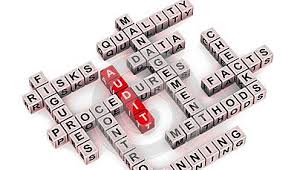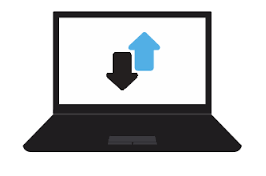Start Date:
05 June, 2024.
End Date:
07 June, 2024.
Tools and Techniques for Modern Internal Auditors
Duration: 3 Days
Course Overview
To become a successful auditor, a strong base of knowledge and an understanding of basic auditing skills are essential. With this program, auditors, as well as non-auditors with internal control responsibilities, can learn the ins and outs of an audit from beginning to the end.
Classroom demonstrations, exercises, group discussion, and lectures, will enrich attendees knowledge and will properly prepare them to conduct a successful audit. A basic understanding of the roles of risks and internal controls in auditing will also be stressed, along with interpersonal and team-building skills.
Course Objectives
From this course, you will:
- Learn how to perform the work of internal auditing enabling you to carry out your assignment on a value-added audit engagement.
- Engage in a risk-based audit approach, from planning through process documentation to testing, analysis, and reporting.
- Understand internal auditing today.
- Become familiar with the scope and application of the Professional Practices Framework.
- Learn the concepts and terms that are central to internal auditing.
- View your own organization from an internal auditing perspective.
- Learn how to communicate and sell internal auditing results
Course Contents
- Internal Auditing Today:
Define internal auditing
Identify the roles of internal auditors
Describe the components of the Audit Model - Risk Assessment and Risk Management
Identify the components of risk assessment and risk management as they relate to internal auditing
Identify the components of the COSO Internal Control Framework - Audit Planning:
Identify the requirements of annual audit planning.
Identify the components of an audit project plan. - Interviewing:
Identify the components of interviews. - Process Documentation:
Identify the common forms used during process documentation. - Audit Programs:
Identify the components of audit programs. - Emerging Tools:
Identify emerging tools that automate the audit process. - Testing:
Identify the methods for obtaining and presenting audit evidence. - Reporting:
Identify the process to report audit findings. - Selling of the Results:
Identify the best practices for selling audit results to stakeholders. - Teamwork:
Identify the components required to function successfully on an audit team.








